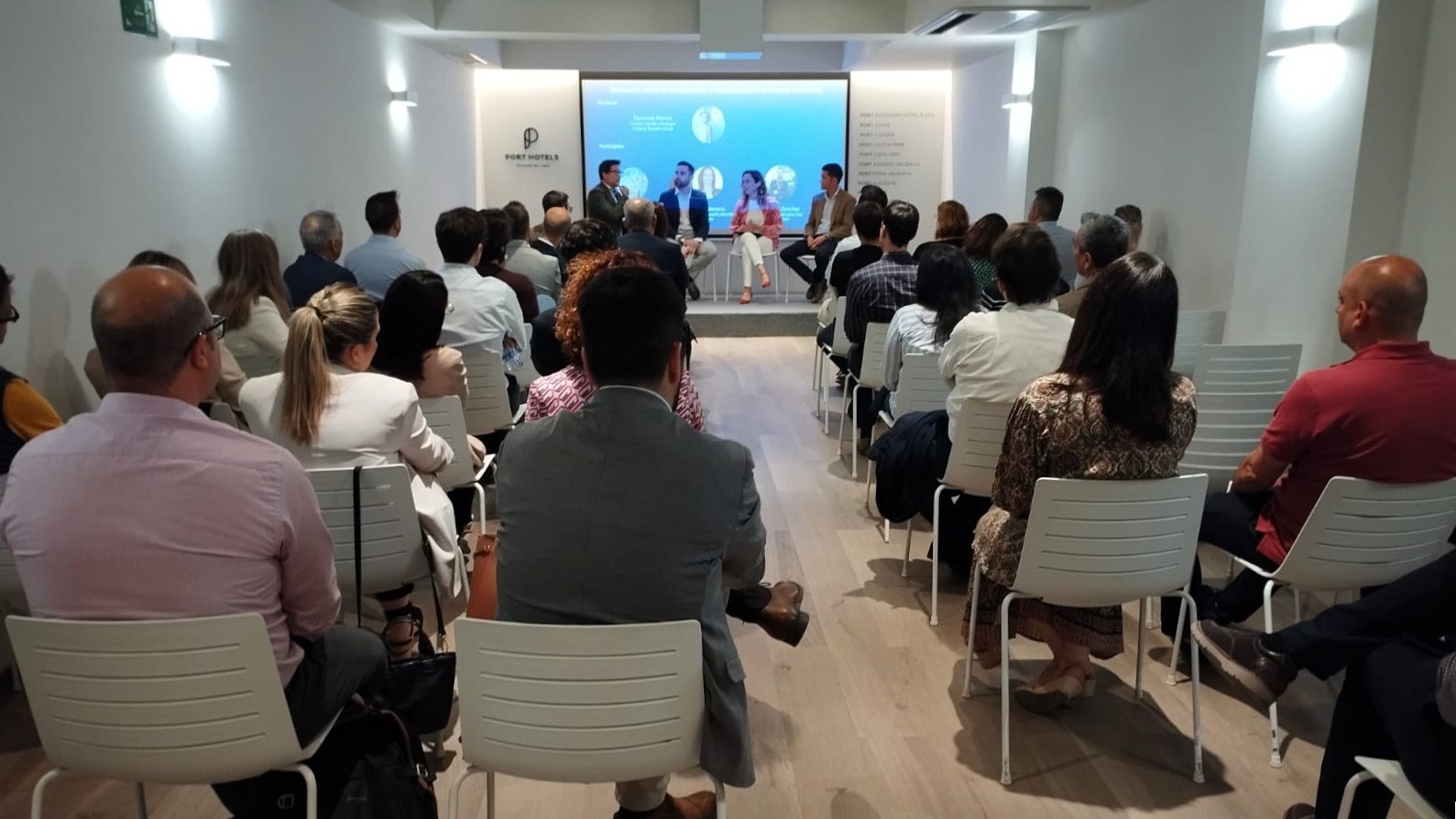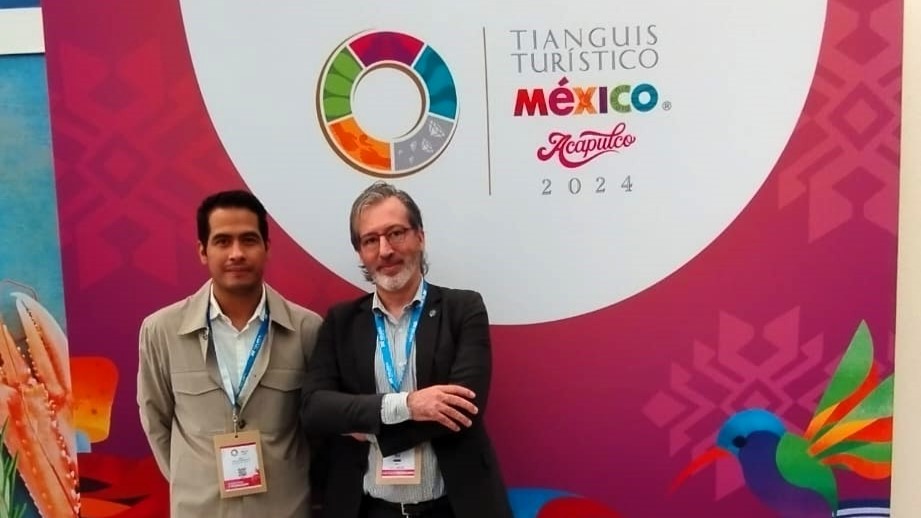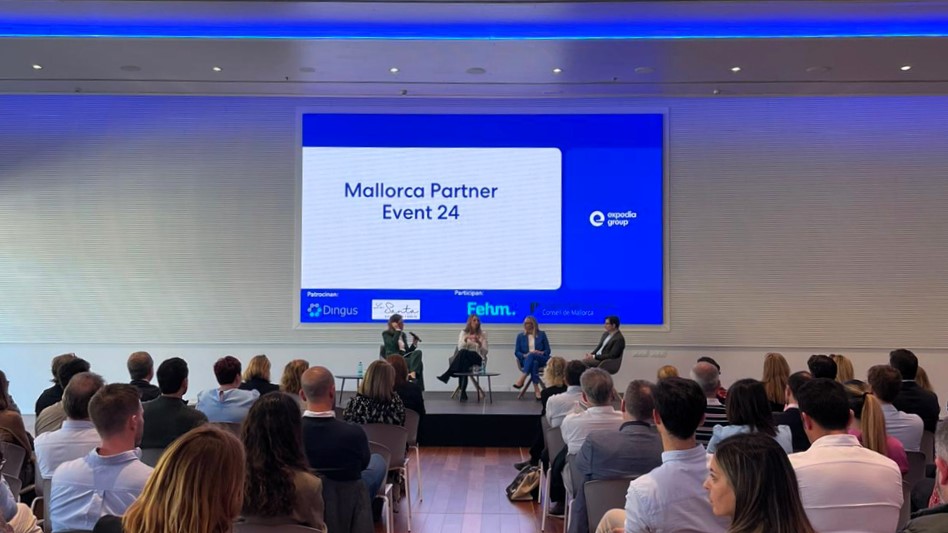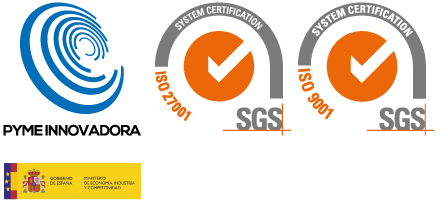- Although the advance of the implementation of technology in hotel operations has been notable in recent years, the Covid-19 crisis has driven the acceptance of ICT products as necessary tools, and not just accessories. Beyond those of health management, the sector is looking for help for marketing and distribution in scenarios as complex as the current and future ones. And if we add the factor of integration of different solutions, it is an opportunity that should not be missed to work on the recovery…
Dingus has had the opportunity to participate together with Quonext and Beonprice in the X Knowing for Growing of the Turistec technology and tourism cluster of which we are partners and which is chaired by our CEO, Jaume Monserrat. It was the first one held in digital format, to raise the benefits of the integration of tourism technologies for the hotel sector. Our business development manager, Paula Servera, was in charge of explaining why the fact that hotels have technology contributes, above all, “to sorting out the complexity in the distribution map, since it facilitates the implementation of strategies to generate more benefits and reduce management costs. At Dingus we are committed to tools such as the booking and reservation platform (CRS), which allows us to adapt quickly to changing scenarios, or a booking engine that responds to needs such as increasing direct sales, and a collection manager with which we are seeing how the hotel takes control of its distribution and, ultimately, of customer collections. I think that right now the hotels understand that technology is an ally to successfully overcome the situation”.
Servera argued that the integration of technologies, each specialised in its own field, allows for “simple and unified management. We are committed to open innovation as a key element of business competitiveness, and it is the way in which the client has the flexibility and freedom of choice in their sales initiatives. They can choose the system that best suits them, in what each one is specialised in, and in an integrated manner, management is made easier”.
On the trends “we must continue with the development of technology to help our customers in making decisions, which have all the tools to adapt their business to each situation. Working to provide predictive models on normal demand or in complex situations such as those of today. We are committed to data”.
We had the opportunity to participate in this event with our partners from Beonprice and Quonext, precisely to demonstrate that the collaboration of different suppliers is key to the technological integration from which hotels can benefit most. Sebastiá Vidal, Quonext’s Business Development Director, defended that “the most disruptive thing will be that the available technologies start to be applied, since before the pandemic some hotels were testing them while others continued with traditional methods, creating a great difference between them. That gap is going to narrow, because it is going to be an obligation to apply the available technology. Digitalisation is no longer going to make a difference, but rather a necessity to increase profitability, both for health reasons and for pure survival. Businesses that cannot integrate digitalisation to the full will not be able to enter the competition. We are going to experience a very practical application of the technologies to provide value in the short term. Trends that existed as options for improvement will be obligatory”.
For her part, the Director of Beonprice Academy, Julia Rey, considered that the most urgent issue will be “the capacity of ICT to adapt to the new situation. This crisis has meant an abrupt change and it is important to see how everyone adapts and provides solutions for hoteliers to get ahead. Revenue Management has always given a lot of importance to market data, and now the analysis of historical data is becoming relative, the past is not a reference to predict the future. We must be able to give more weight to other types of data that allow us to predict demand more accurately. Many hoteliers are concerned about whether they should continue to use or start with a Revenue management system… the answer is that they must have tools with algorithms capable of detecting demand”.
This first Knowing for Growing of Turistec in digital format, takes up again some sessions destined to the exchange of knowledge and the generation of business between the companies of ICT and tourism of the cluster, as well as all those that can be interested in the different proposals. On this occasion, Mateo Ramón, Corporate CIO of Grupo Piñero and Vice President of Tourism at Turistec, moderated the virtual round table, highlighting digitalisation as “one of the lessons learned from the pandemic in the hotel sector, which, in terms of marketing, brings multi-channel distribution. What is achieved with this is a much more efficient way of operating, integrating different technological solutions, which in turn are complementary”.





